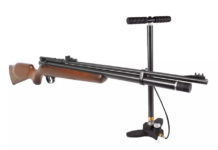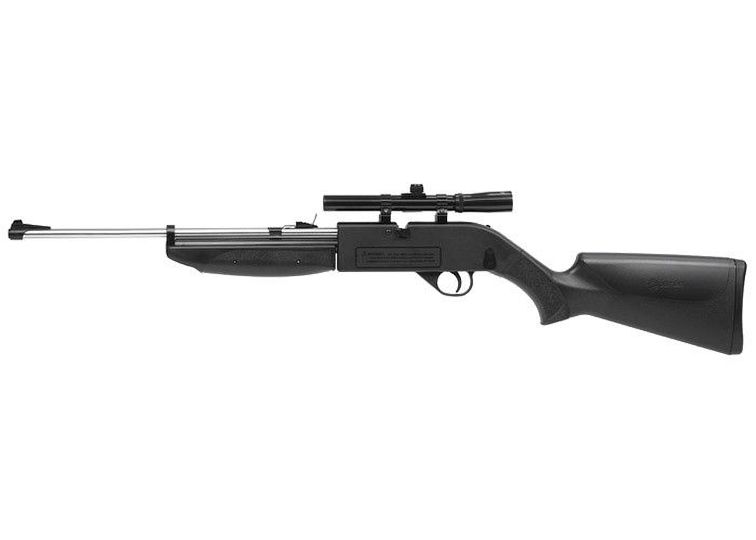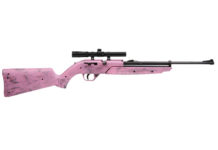Trophy Bass Fishing Equipment
The gear is likely too small when trying to catch big bass and only hooking small ones. Sometimes, the bigger bass will strike smaller baits, but using big bass baits will produce more consistency. This is often because big largemouth bass are wise enough to know that they should only waste their energy on baitfish that are worth it; in other words, they don’t want to expend more energy than they will take in. Anglers must have the right lure, reel, and line size to catch their next trophy.
Lures
Best lures to use to catch big bass: Topwater frogs, plastic worms, crankbaits, jigs, chatter baits
The same techniques apply to giant bass as they do to smaller fish; the only difference is a larger lure. Using a larger lure means you will scare away the smaller fish. The little bass will leave the big bait alone because they know they can’t match up with it. When finesse fishing, most anglers use smaller lures to avoid spooking the fish, but in this case, anglers should use a larger bait to spook the smaller fish and target the bigger bass.
When fishing the dense vegetation, anglers will want to use a topwater frog or Texas-rigged worm, which are weedless and won’t get caught or drag too much in the cover. Using a big jig or crankbait and dragging it is the most consistent way to catch big bass.
The general rule of thumb, use a larger lure to catch larger fish. Big fish want to get a full meal if they are going to use their energy.
Rods and Reels
Anglers will likely have a tough time landing a big largemouth bass on a spinning reel since they won’t be able to size up the line enough. For this reason, a casting rod and reel are recommended when targeting largemouth bass over five pounds. This rig allows for a larger line and a better drag. Though, it’s important to note that most snapped lines or broken rod tips are caused by human error.
Regardless of your setup, ensure your drag is set correctly, and do not panic when you feel a nice fish at the end of your line.
Line
When targeting big bass, it’s best to use a heavier line; however, it’s essential not to aimlessly size up and use a line that will only lead to frustration. The best strategy is to focus on line quality and maintenance. In most cases, anglers shouldn’t need a line heavier than a 10lb test when fishing for bass. Most professional guides will recommend using a monofilament line since it has a bit of flex and makes for a better hookset.
A proper hook set is essential when dealing with big largemouth bass. Braided lines will usually work too, but they may have visibility issues since they are denser. In general, most anglers should try whatever they will be able to fish confidently.











































